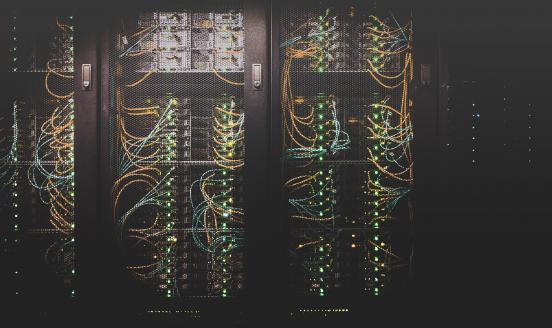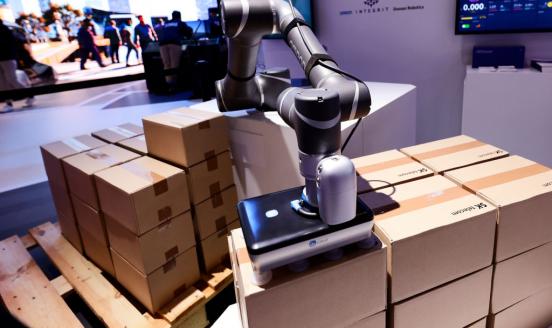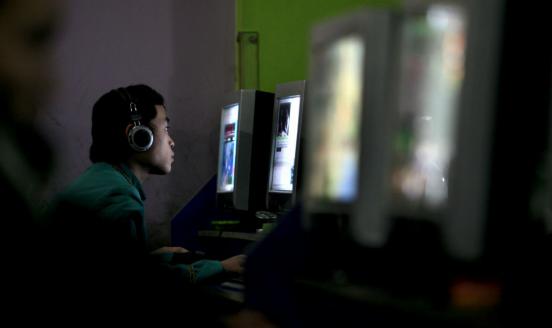The impact of artificial intelligence on employment
Technological development, and in particular digitalisation, has major implications for labour markets. Assessing its impact will be crucial for devel
This contribution is a chapter of the book Work in the Digital Age, from the Policy Network, published by Rowman & Littlefield International Ltd.
Looking at the labour displacement and productivity effects of AI on employment, the author argues that middle-level jobs that require routine manual and cognitive skilled are the ones that are most at risk. In the long run, initial labour displacement effects of jobs with routinised manual or cognitive skills, as in previous industrial revolutions, will be compensated for by the growth in non-routine jobs at the high and low end of the economy.
However, the speed of change today is significantly faster than it was in the past. The author focuses on the growth of machine learning and improved machine performance and explains how these advancements are produced through the development of socalled ‘deep neural networks’ that are inspired by the architecture of the human brain. Although these are still very far from achieving the level of complexity associated with the human brain, on very specific tasks machines have outperformed humans.
The author draws attention to the nexus between what is possible, and which firms will be willing to invest to implement these technologies. The introduction of multifunctional robots has been most extensive in the EU, followed by the US and China. The sectors that have adopted these with the greatest enthusiasm include car production, and plastic and chemical production, where job displacement effects will be felt the most.
Policymakers will need to develop a framework of rules for the operation of machines and AI systems. This should involve collective consultation with affected parties and experts, and a comprehensive debate on the regulation of the liability, safety, security and privacy of these technologies, alongside the updating of relevant skills and training programmes working with these new technologies.



